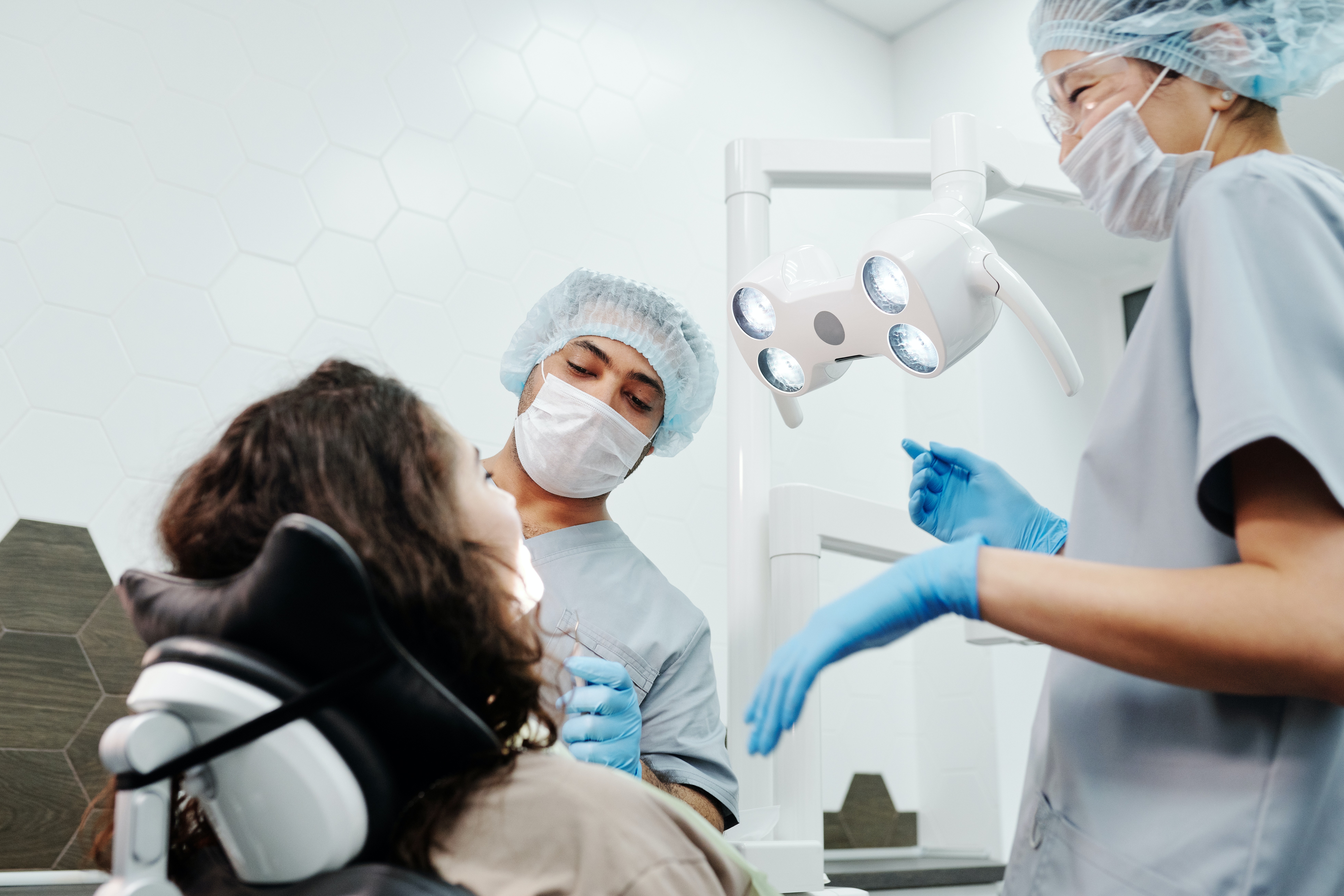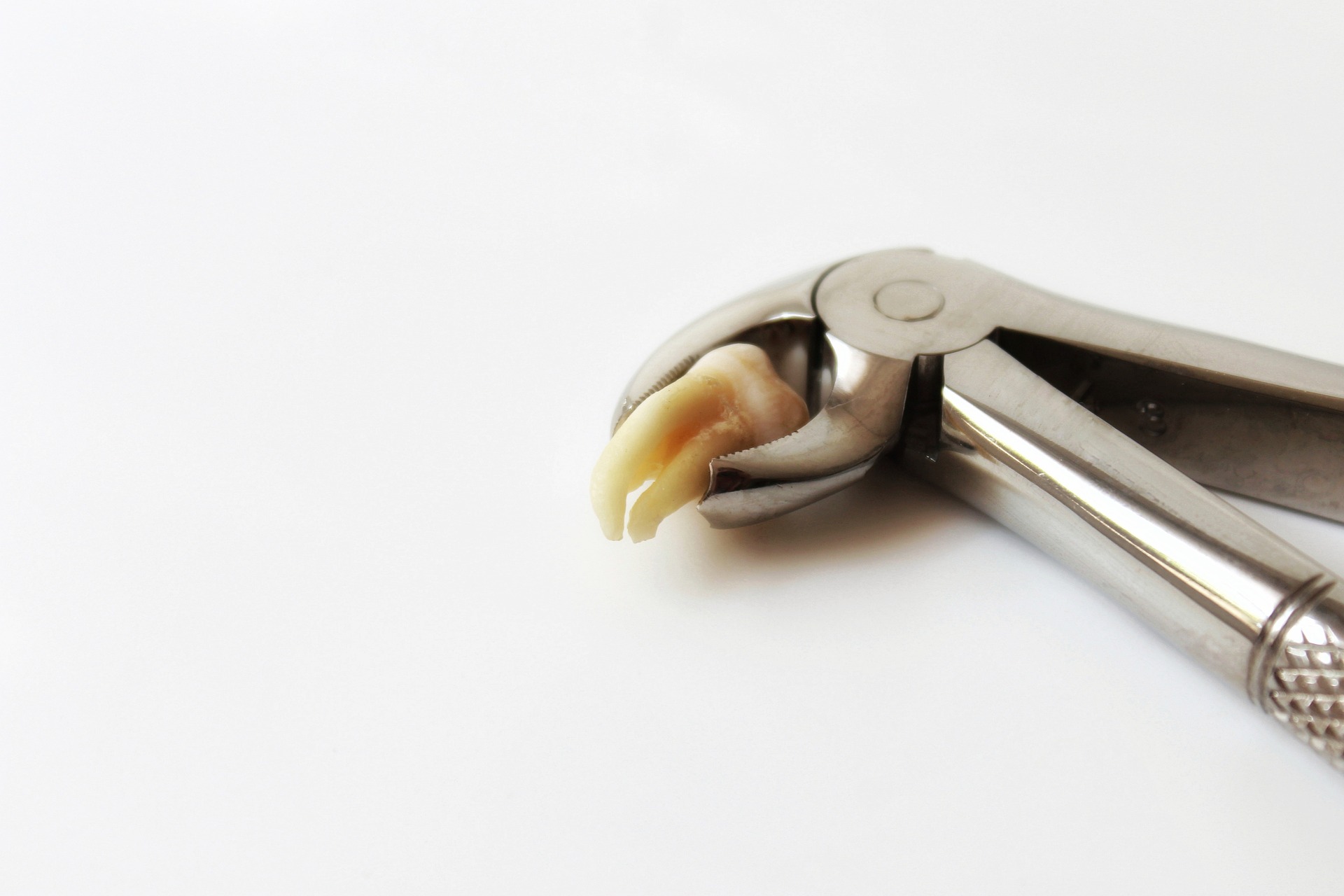Dental implants significantly enhance oral health by providing a stable and durable solution for missing teeth, preventing the bone loss that typically follows tooth extraction. By mimicking natural tooth roots, implants stimulate the jawbone, maintaining its density and strength, which helps preserve the structure of the face and the alignment of surrounding teeth. Dental implants improve chewing efficiency and speech, improve oral hygiene by preventing gaps that can harbor bacteria, and eliminate the need to alter adjacent teeth, as is necessary with traditional bridges. This comprehensive support promotes a healthier, more functional, aesthetically pleasing oral environment.
The Implant Procedure and Bone Grafting
The dental implant procedure begins with a comprehensive assessment, including dental X-rays and 3D imaging, to evaluate the jawbone's condition and determine the need for bone grafting. The first step in the implant placement involves making a small incision in the gum to expose the jawbone, followed by drilling a precise hole where the titanium implant post will be inserted. This post acts as an artificial tooth root, providing a stable foundation for the future crown. After placement, the gum is sutured, and the implant is left to undergo osseointegration, a process where the bone gradually fuses with the implant over several months, ensuring stability and strength.
In cases where the jawbone lacks sufficient density or volume to support an implant, bone grafting becomes necessary. Bone loss can result from periodontal disease, trauma, or prolonged tooth loss. Bone grafting involves transplanting bone material to the deficient area, stimulating new bone growth, and providing a robust foundation for the implant. Grafting materials can include autografts (bone from the patient's body), allografts (donor bone), xenografts (animal bone), or synthetic materials. The grafted bone integrates with the existing bone over a few months, creating a solid base for the implant.
Once osseointegration and bone graft healing are complete, a minor second surgery is performed to attach an abutment to the implant post. The abutment, which connects the implant to the final restoration, protrudes slightly above the gum line. After a short healing period for the gums around the abutment, the final restoration, typically a custom-made crown, is securely attached. This crown is designed to match the natural teeth in appearance and function, completing the implant process and restoring the patient's smile and oral functionality.
Proper post-procedure care is crucial to ensure the success and longevity of dental implants and grafts. Patients should maintain excellent oral hygiene, including regular brushing, flossing, and dental checkups, to monitor the implant's and surrounding tissues' health. Following dietary recommendations and avoiding hard or chewy foods during the initial healing phase is also essential. Smoking cessation and overall health are vital for optimal healing and preventing complications. With diligent care, dental implants supported by bone grafts can provide a durable and aesthetically pleasing solution for tooth loss, enhancing oral health and quality of life. Contact us today!
Tips for Care and Maintenance
Schedule Regular Dental Checkups
- Regular dental checkups and professional cleanings are essential for monitoring the health of your implants and surrounding tissues. Your dentist can identify potential issues early and provide appropriate care.
- Dental hygienists can remove plaque and tartar that regular brushing and flossing might miss, ensuring your implants and natural teeth stay clean and healthy.
Be Mindful of Your Diet
- While dental implants are strong, excessively hard foods can still damage them. Avoid chewing on ice, hard candies, and other tough items that could crack or damage your implants.
- Sugary and acidic foods can contribute to plaque buildup and gum disease, which can affect the longevity of your implants. Maintain a balanced diet of fruits, vegetables, lean proteins, and whole grains.
Protect Your Implants
- If you grind your teeth at night, wearing a nightguard can protect your implants and natural teeth from excessive wear and tear.
- If you participate in contact sports, wearing a mouthguard can prevent trauma to your implants and other teeth.
Monitor Your Gum Health
- Regularly inspect your gums for signs of redness, swelling, or bleeding. If you notice these symptoms, contact your dentist promptly, as they could indicate an infection.
- Keeping your gums healthy is crucial for the success of your implants. Good oral hygiene and regular dental visits can help prevent gum disease and other complications.
Avoid Tobacco Products
- Smoking and using other tobacco products can significantly increase the risk of implant failure and other oral health issues. If you smoke, consider seeking help to quit and protect your investment in your dental health.
Dental implants are a long-term solution for missing teeth, offering durability, functionality, and a natural appearance. Visit SoCal Oral and Maxillofacial Surgery at 13522 Newport Avenue, Suite 109, Tustin, CA 92780, or call (714) 730-6767 to explore how dental implants can provide a permanent, natural-looking solution for missing teeth. Investing in dental implants enhances your smile and improves your oral health and quality of life.
Location
13522 Newport Avenue, Suite 109,
Tustin, CA 92780
Office Hours
MON8:00 am - 5:00 pm
TUE8:00 am - 5:00 pm
WED8:00 am - 3:00 pm
THU8:00 am - 5:00 pm
FRI7:00 am - 3:00 pm
SATClosed
SUNClosed
SoCal Oral and Maxillofacial Surgery
Location
13522 Newport Avenue, Suite 109,
Tustin, CA, 92780
Phone: (714) 730-6767Text Us: (714) 730-6767






